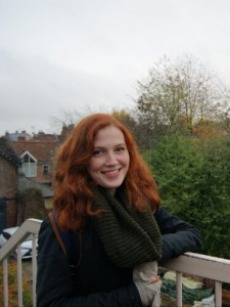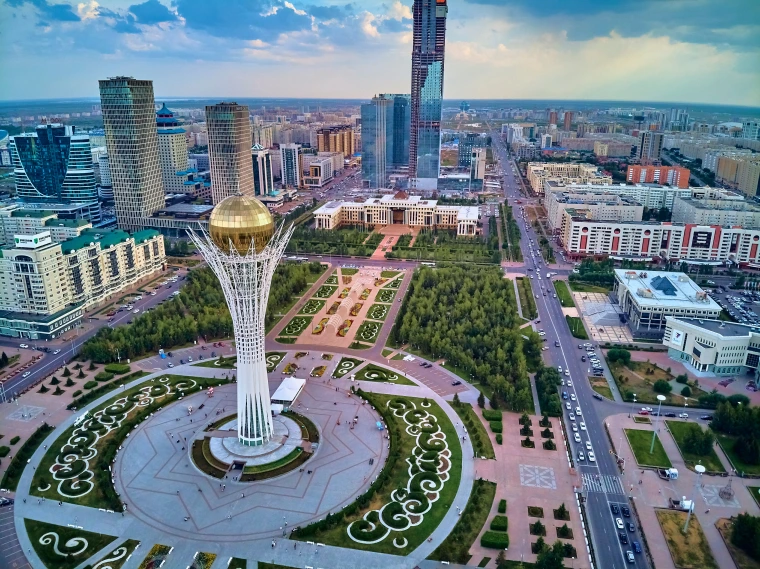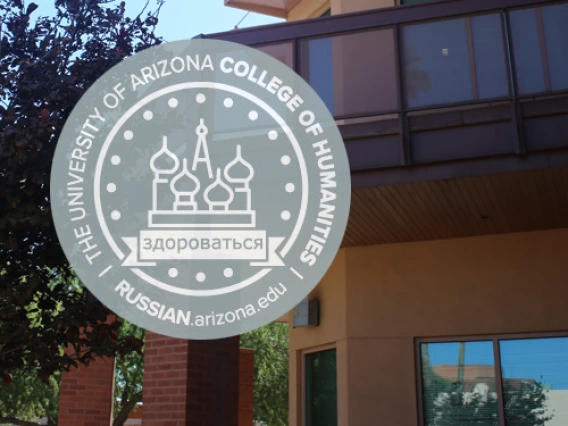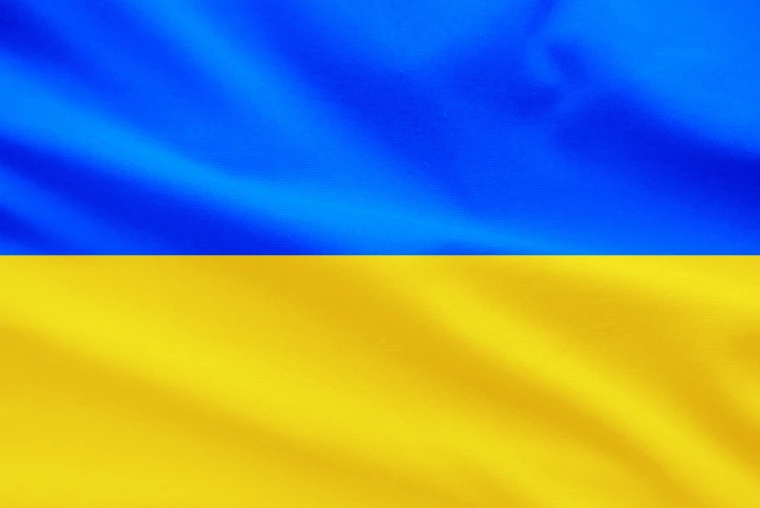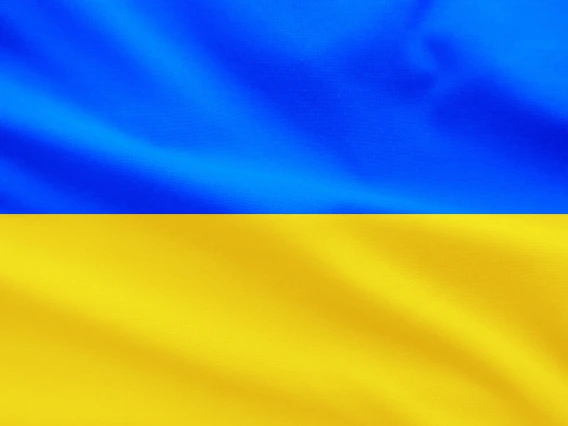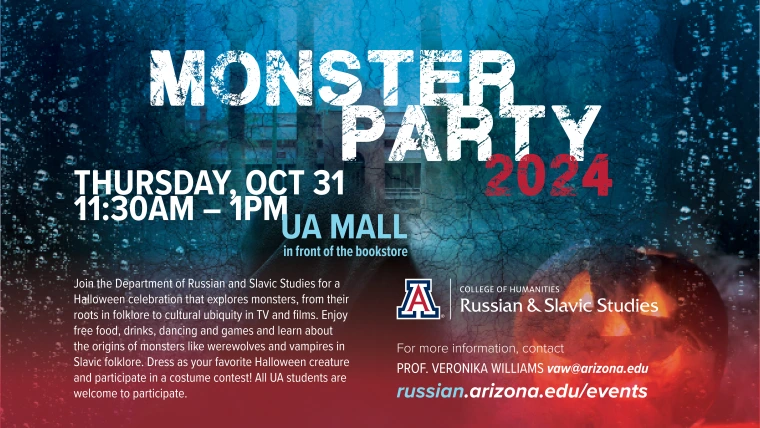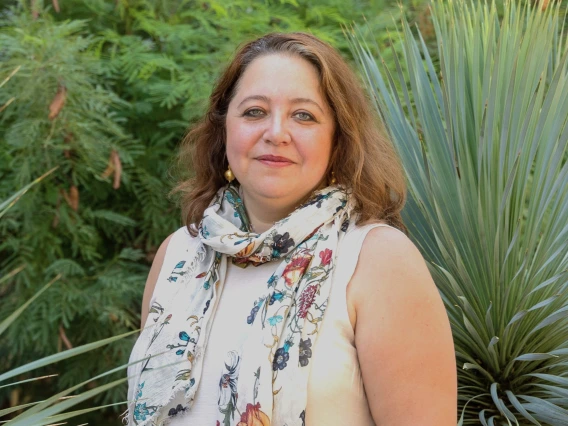The conference will be held at the University of Arizona on Friday, March 28 (virtual session) and in-person on Saturday, March 29, 2025 (Location: Environmental and Natural Resources 2 Building, room S225)
This year’s keynote lecture will be delivered by Professor Brian Goodman (English Department, ASU)
March 28 (virtual session) and March 29 (in-person)
Sponsored by the Department of Russian and Slavic Studies, University of Arizona
In collaboration with the Russian Program & the Melikian Center, Arizona State University
All times are listed in local AZ (MST)
Friday, March 28
3-4:30 Virtual Panel on Zoom: Perspectives on Russian Language Teaching (Part I)
Chair: Dr. Veronika Williams (vaw@arizona.edu)
• Emil Asanov (easanov@fsu.edu) “Native-speakerism: How an institutional ideology manifests itself as an instructor internalized construct in Russian Studies”
• Aselle Almuratova (almuratova@wisc.edu) “Teaching the Russian language through the Decolonial Lens”
• Alla Savelieva (alsa5009@colorado.edu) “Classroom Materials in Russian Language Teaching: Fostering Diversity and Accessibility”
Saturday, March 29, 2025
In-Person
Location: Environment and Natural Resources 2 Building (ENR2) - Room S225
Address: 1064 E Lowell St, Tucson, AZ 85719
8:30-9:00 Welcome & Light Refreshments
9:00-10:15 Panel 1: 19th-Century Russophone Literature and Culture
Chair: Prof. Suzanne Thompson (seanes@arizona.edu)
• Colleen Lucey (luceyc@arizona.edu), “The Nigilistka in Russophone Fiction of the 1860s”
• Tatiana Ulanova (tatianaulanova@arizona.edu), “Could Prince Myshkin and the Übermensch be Friends?
• Miroslav Seleznev (seleznev@arizona.edu), “Realism and the Condition of Women in 19th Century Russia: Female Characters in Dostoevsky’s The Idiot and Khvoshchinskaya’s Boarding-School Girl”
10:15-10:30 Break
10:30-12:00 Panel 2: Politics, Identity, and Semiotics
Chair: Dr. Ana Hedberg Olenina (ana.olenina@arizona.edu)
• Sabrina Sulaymonova (ssulaymonova@arizona.edu), “A Close-to-Home Account of Life in Soviet Central Asia”
• Sterling West (sterlingw@arizona.edu), “Atomized Tears: Collective Memory of Chernobyl and Hiroshima”
• Emil Volek (emil.volek@asu.edu) “The Prague School Yesterday and Tomorrow: The Question of ‘Structuralism’ and Semiotics”
12-1 Lunch
(meeting for ASU and UA faculty-light lunch provided for meeting attendees)
1:00-1:45 Keynote Address
Dr. Brian Goodman (brian.k.goodman@asu.edu)
"Reading Howl across the Iron Curtain, or Why Our Cold War Ideas About Banned Books May No Longer be Helping"
1:45-2 Break
2-3:00 Panel 3: Perspectives on Russian Language Teaching (Part II)
Chair: Dr. Colleen Lucey (luceyc@arizona.edu)
• Yulia Mikheeva (yuliamik@arizona.edu) “Teaching Russian with Virtual Field Experiences (VFEs)
• Naomi Caffee (caffee@reed.edu) and Rossina Soyan (rsoyan@asu.edu) “Indigenous Literatures in Russian Language Instruction”
3:00-3:15 Break
3:15-4:45 Panel 4: (Re)Discovering Film: Cinema in Ukraine and Russia
Chair: Dr. Anastasia Gordienko (gordienko@arizona.edu)
• Ana Hedberg Olenina (ana.olenina@asu.edu), “From Shadows to Limelight: Rediscovering Ukrainian Film History Today”
• Peter Baedke (gbaedke@asu.edu), “Nikita Mikhalkov’s 12: The Distortion of Law in Modern Russia”
• Rachel Sims (Rachel.sims@phoenixcollege.edu), “Elena and The Arcana of Reproduction: Liberation and Domestic Labor in Andrey Zvyagintsev’s Elena”
4:45-5 Closing Remarks
Equipment request (if necessary)
Conference registration is free, but participants are expected to cover lodging and accommodations.
